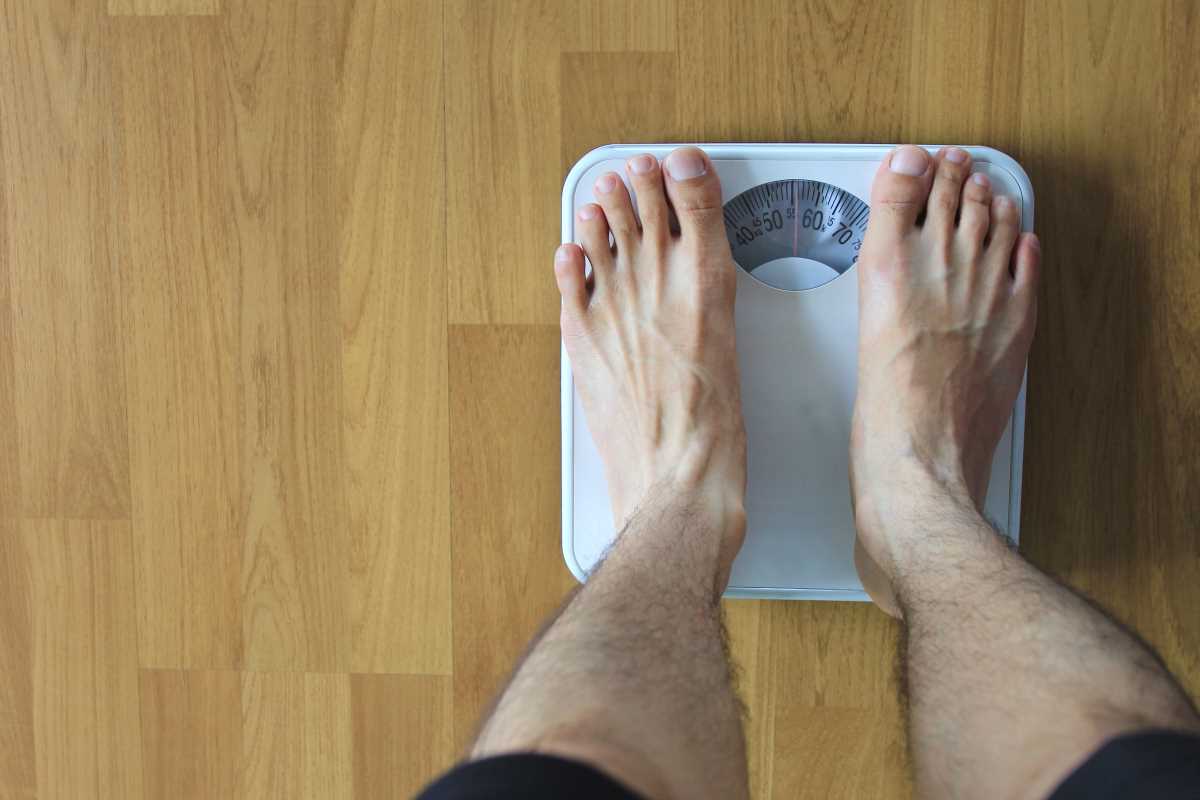Stress is a universal experience that touches everyone at some point in their lives. While many are familiar with the emotional and physical symptoms of stress, fewer recognize its profound impact on sleep. Stress can significantly disrupt our natural sleep cycles, leading to difficulties falling asleep, staying asleep, or achieving restorative rest.
These disturbances don’t just make us tired—they can also have lasting effects on our overall health and well-being. Understanding how stress and sleep interact is essential to breaking the cycle and promoting healthier sleep patterns.
How Stress Disrupts Sleep Patterns
One of the most common ways stress affects sleep is through its impact on the mind. When stress levels rise, it often leads to racing thoughts and an overactive mind. Instead of winding down at the end of the day, the brain struggles to shut off, making it difficult to relax. This persistent mental activity can cause insomnia, leaving individuals lying awake for hours or experiencing broken sleep throughout the night.
Stress also triggers the release of cortisol, a hormone that helps the body respond to challenges. While cortisol is helpful in short bursts, chronic stress keeps cortisol levels elevated. High cortisol levels can disrupt the body’s natural production of melatonin, the hormone responsible for regulating sleep. This imbalance can lead to delayed sleep onset, reduced sleep duration, and poorer overall sleep quality.
Stress and Sleep Quality
Even when stress doesn’t prevent you from falling asleep, it can still negatively affect the quality of your rest.
Stress often leads to restless or fragmented sleep, where individuals wake up multiple times during the night. These interruptions prevent the body from entering the deep, restorative stages of sleep, which are crucial for physical repair, memory consolidation, and emotional regulation.
Without adequate restorative sleep, individuals may wake up feeling fatigued and irritable, further amplifying their stress levels and creating a self-perpetuating cycle.
Unhealthy Coping Mechanisms
Stress doesn’t only impact sleep directly—it can also lead to the development of habits that worsen sleep disturbances. For example, many people turn to caffeine to counteract daytime fatigue caused by poor sleep. While caffeine can provide a temporary energy boost, consuming it late in the day can interfere with falling asleep, perpetuating the cycle of sleep deprivation. Similarly, alcohol, often used to relax and "wind down," may initially help with sleep onset but disrupts the deeper stages of sleep later in the night.
Stress can also lead to behaviors like staying up late to work or "doomscrolling" through social media, both of which can further erode healthy sleep patterns. These habits not only delay bedtime but also expose the eyes to blue light from screens, which can suppress melatonin production and make it harder to fall asleep.
Breaking the Stress-Sleep Cycle
To combat the negative effects of stress on sleep, it’s essential to adopt strategies that both reduce stress and promote healthier sleep habits. Here are some effective approaches:
- Mindfulness and Relaxation Techniques: Practices like meditation, deep breathing exercises, and progressive muscle relaxation can help calm the mind and prepare the body for sleep. Even spending a few minutes focusing on your breath before bed can significantly reduce racing thoughts and promote relaxation.
- Regular Exercise: Physical activity is a natural stress reliever and can improve sleep quality. Aim for at least 30 minutes of moderate exercise most days, but avoid intense workouts close to bedtime, as they can have a stimulating effect.
- Establishing a Bedtime Routine: A consistent pre-sleep routine signals to your body that it’s time to wind down. This might include activities like reading a book, taking a warm bath, or practicing gentle stretches. Avoid stimulating activities, such as working or using electronic devices, in the hour leading up to bedtime.
- Limiting Stimulants and Alcohol: Be mindful of when and how much caffeine and alcohol you consume. Try to limit caffeine intake to earlier in the day and avoid alcohol in the evening to ensure they don’t interfere with your sleep.
- Creating a Sleep-Conducive Environment: Your bedroom environment plays a crucial role in promoting good sleep. Keep the room cool, dark, and quiet, and invest in a comfortable mattress and pillows. Reducing clutter and creating a serene atmosphere can also help put your mind at ease.
- Time Management and Stress Reduction: Proactively managing your daily responsibilities can reduce stress and prevent it from spilling over into bedtime. Break large tasks into smaller, manageable steps and set realistic deadlines. This can help alleviate the pressure that often leads to sleepless nights.
The Importance of Prioritizing Sleep
Sleep is not just a passive activity—it’s a foundational pillar of health, alongside nutrition and exercise. Chronic sleep deprivation caused by stress can weaken the immune system, impair cognitive function, and increase the risk of mental health issues like anxiety and depression. Recognizing the connection between stress and sleep is the first step toward breaking the cycle.
Stress and sleep are deeply intertwined, with each influencing the other in a cycle that can either promote health or perpetuate harm. By understanding how stress disrupts sleep and adopting strategies to manage stress and improve sleep hygiene, you can create a positive feedback loop that enhances both your mental and physical well-being.
Remember, taking care of your sleep is an investment in your overall health, and managing stress effectively is a critical part of ensuring restful, restorative nights.
 (Image via
(Image via





